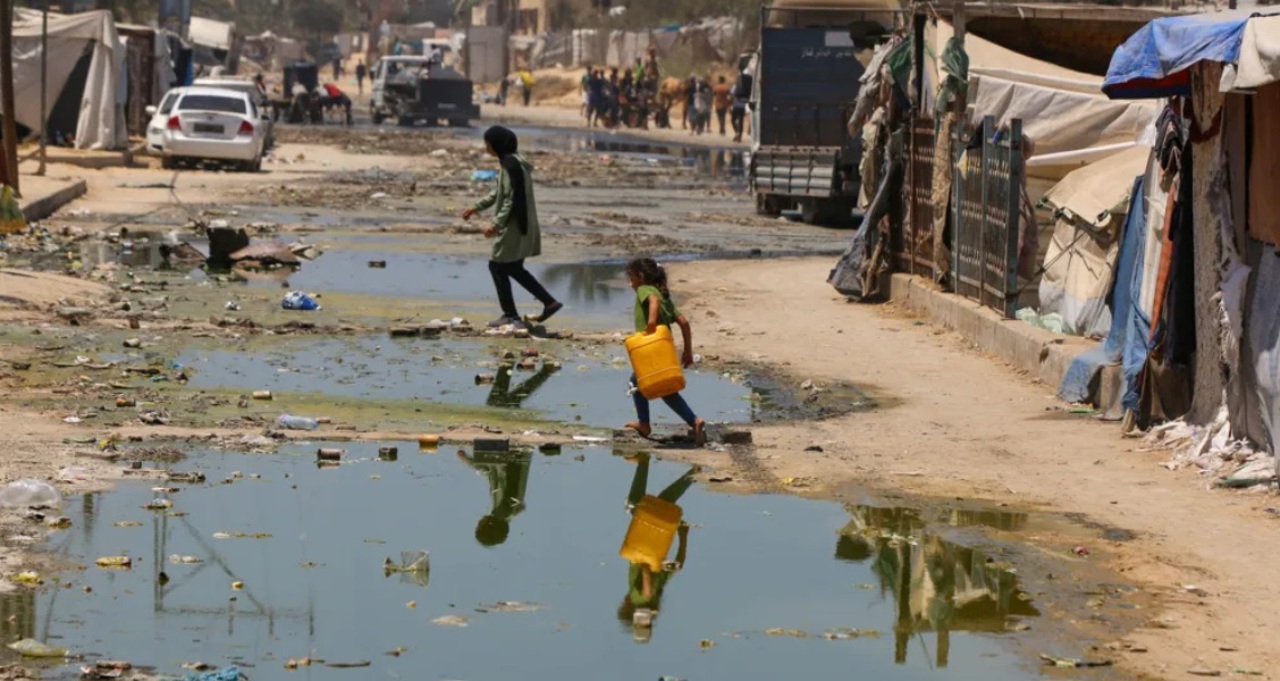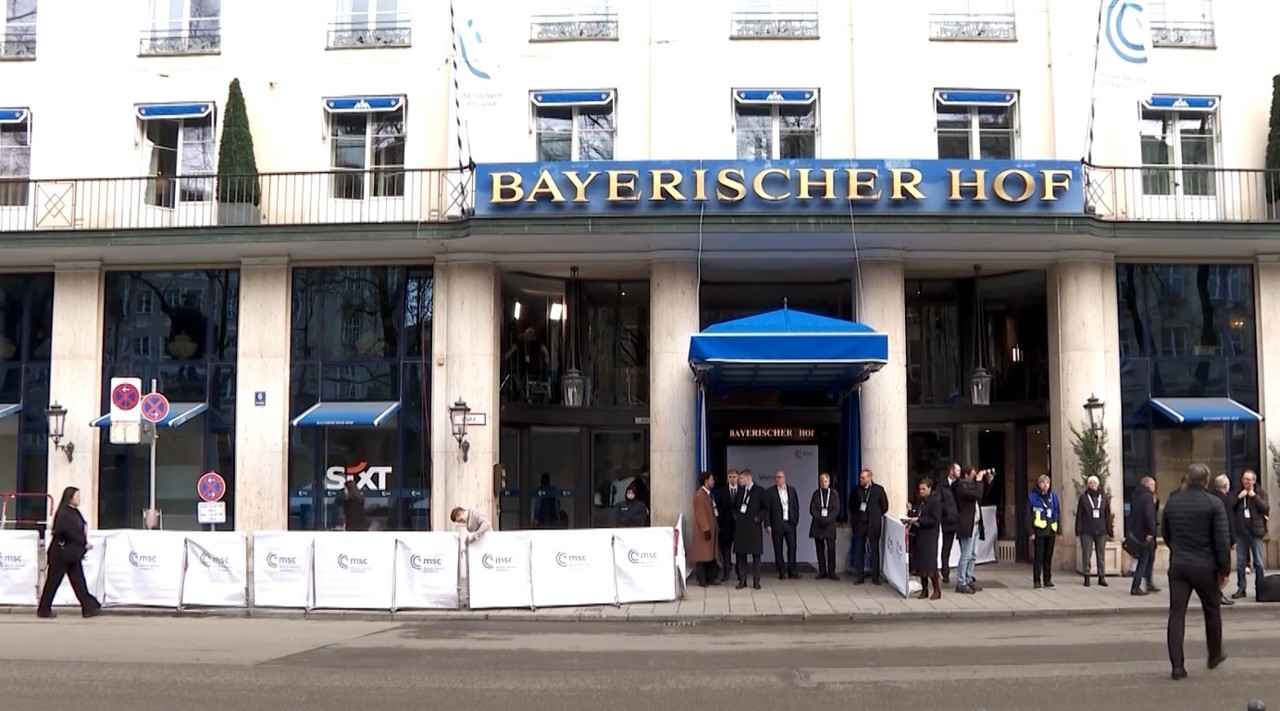WHO 'extremely concerned' about possible polio outbreak in Gaza
The World Health Organization is “extremely worried” about the possibility of an outbreak of the highly infectious polio virus in Gaza after traces were found in wastewater, BBC reports.

The director of the Palestinian Medical Aid program, Sameer Sah, shares the same concerns expressed by the WHO.
"It is a population under continuous bombardment, displaced several times, there are children who have not been vaccinated against polio. So, if this trend affects children who are not vaccinated, or if vaccinated children have a weakened immune system, they risk contracting poliomyelitis, which causes paralysis of the limbs. All we can do for now is to ensure that these children will be vaccinated, so there should be a ceasefire, the delivery of aid to Gaza should be stepped up, especially access to drinking water and medical resources should be ensured ”, said Sameer Shah.
The WHO and the UN children's agency (Unicef) believe a mass vaccination campaign may be needed in Gaza. However, the repeated delays for aid workers and humanitarian supplies getting into Gaza, and huge security risks moving around the territory, mean an effective campaign will be very challenging.
The Israeli military said it was working with various organisations to deliver vaccines to Palestinians in Gaza. About 300,000 vaccines had been sent to the territory since the beginning of the war between Israel and Hamas in October, it added. Polio is caused by a virus which spreads easily through contact with the faeces of an infected person, or less commonly through droplets when they cough or sneeze. It can cause paralysis and, in extreme cases, death.
The WHO says immunisation rates in Gaza and the occupied West Bank were optimal before the conflict. Polio vaccine coverage was estimated at 99% in 2022, although it had declined to 89% last year, according to the latest data.
But, according to the UN agency, the “decimation” of Gaza health system - with only 16 out of the territory's 36 hospitals partially functional - as well as the "lack of security, access obstruction, constant population displacement, shortages of medical supplies, poor quality of water and weakened sanitation" have contributed to reduce immunisation rates and increase the risk of diseases spreading.




